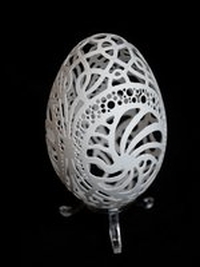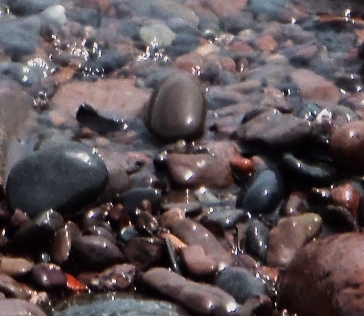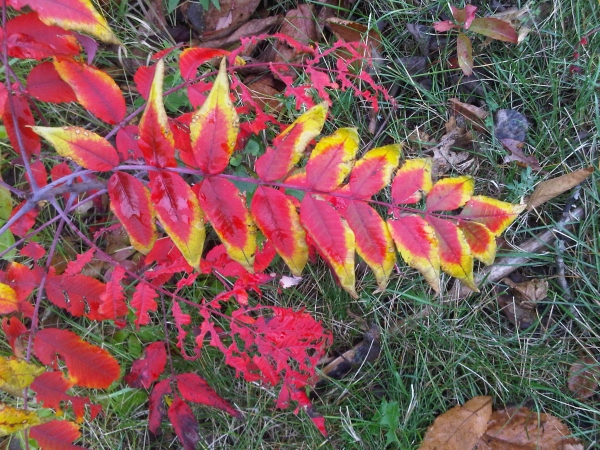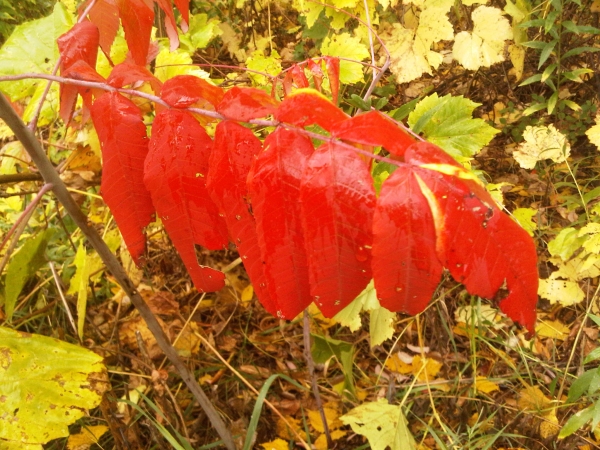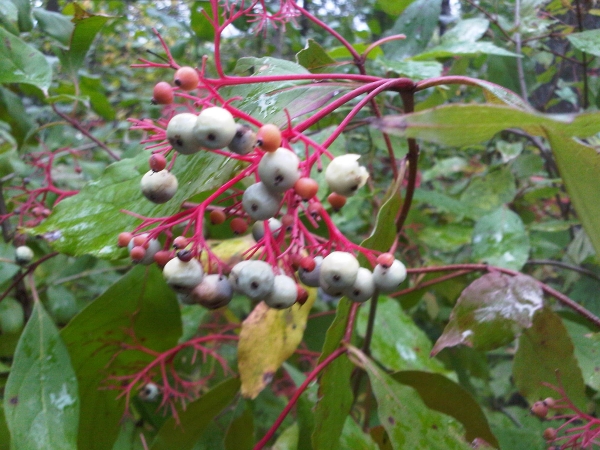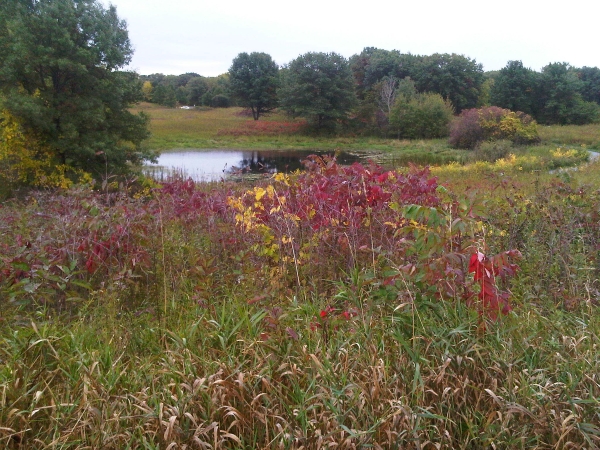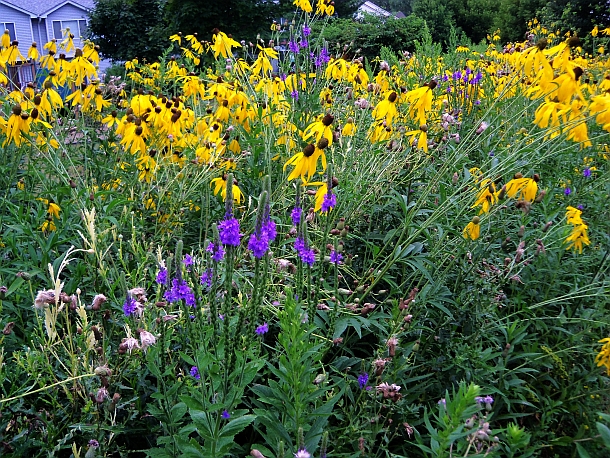Appropriate reminder for the Fourth of July –
From “What American Dream?: One in Four People Now Live in High Poverty Neighborhoods” on recent Census Bureau data:
The Bureau found that in the decade between 1990 and 2000, the percentage of people living in these concentrated low-income communities dropped from 20.0 percent to 18.1 percent. However, in comparison, from 2000 to 2010, that percentage grew from a whopping 18.1 percent to 25.7 percent. And, “while the overall population grew by 10 percent over the decade, the number of people living in poverty areas grew by about 56 percent.” In raw numbers, more than 77 million people lived in these poor neighborhoods in 2010.
Roxanne here: We can no longer afford the high cost of poverty we create by diverting money from the public purse to corporate welfare.
How does your state create poverty? Here’s an example of how we create poverty “Minnesota-style.” Read this Bloomberg article on the death of shopping malls (“Goodbye, Malls of America“):
” . . . Minnesota’s legislature approved $250 million in tax benefits to help pay for a doubling in size of the country’s second-biggest mall, Mall of america. The money came from a fund set up to reduce economic disparities between rich and poor areas.” (bold added)
This money was designated for helping Minnesota’s poor communities. Now it’s going to corporate welfare queens. Inequality doesn’t just “happen.” We create poverty. People don’t just happen to be poor. People are made poor – by the collective action or inaction of all of us.
You may also like What is White Privilege? and Poverty is a Luxury We CanNOT Afford.
